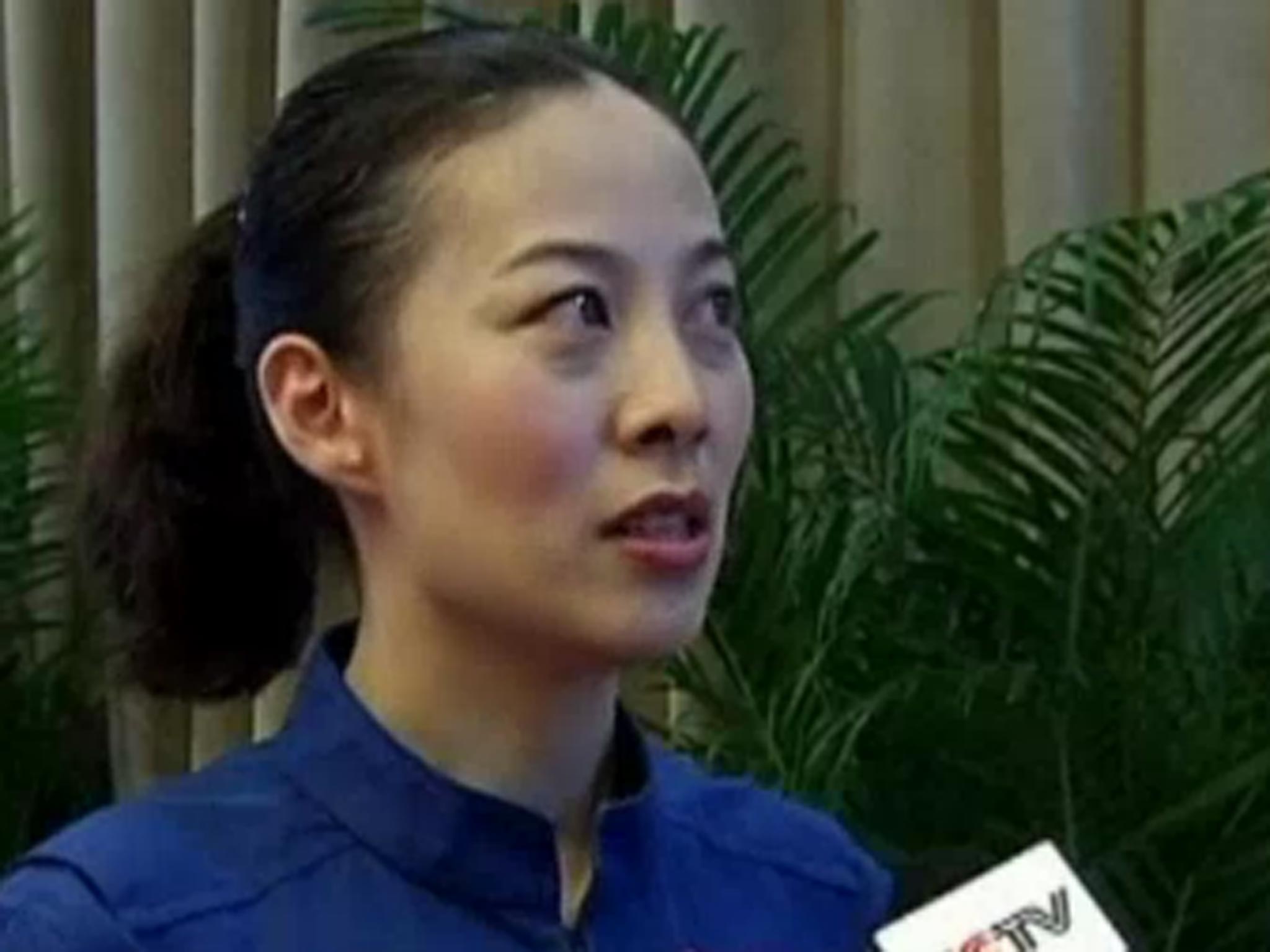Video: Chinese astronaut shares her top moments of time in space

Your support helps us to tell the story
From reproductive rights to climate change to Big Tech, The Independent is on the ground when the story is developing. Whether it's investigating the financials of Elon Musk's pro-Trump PAC or producing our latest documentary, 'The A Word', which shines a light on the American women fighting for reproductive rights, we know how important it is to parse out the facts from the messaging.
At such a critical moment in US history, we need reporters on the ground. Your donation allows us to keep sending journalists to speak to both sides of the story.
The Independent is trusted by Americans across the entire political spectrum. And unlike many other quality news outlets, we choose not to lock Americans out of our reporting and analysis with paywalls. We believe quality journalism should be available to everyone, paid for by those who can afford it.
Your support makes all the difference.A Chinese astronaut who taught schoolchildren about the wonders of science from space, jokes that one of the highlights of her cosmic trip was chasing pieces of chocolates around in zero gravity.
Wang Yaping, only the second ever Chinese woman to enter outer space, travelled to the Tiangong-1 orbiting space station with two other crew members to conduct a range of scientific experiments.
Their Shenzhou-10 spacecraft mission returned safely in Mongolia two weeks ago. But while circling earth, Wang became China’s first astronaut to teach children by live television broadcast. Around sixty million middle and elementary school students watched her physics lessons which included demonstrations of weightlessness with floating water drops.
Having only sent its first cosmonaut, Yang Liwei, off in 2003, China’s space programme has made astounding progress in leaps and bounds. The Shenzhou-10 mission had been China’s longest yet, spending 15 days in orbit.
But now entering its second decade in space China’s plans are more ambitious. They include the building of a permanent orbiting spacecraft to rival the International Space Station and a possible manned mission to Mars between 2040 and 2060. Although Chinese authorities are vague about exact dates they appear confident that their missions – and crucially funding – will continue.
Wang Taping also used her lectures to inform children that "So far, I have not seen any UFOs."
Join our commenting forum
Join thought-provoking conversations, follow other Independent readers and see their replies
Comments